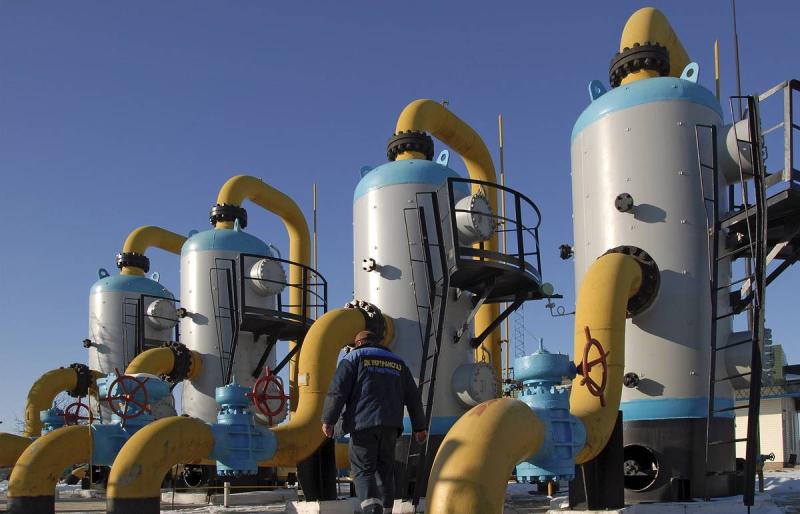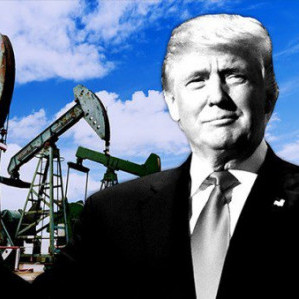
© Vitaly Grabar/TASS
The situation with Russian energy exports remains stable. Despite the numerous anti-Russian sanctions, the energy supply revenues have grown significantly as regards the EU countries. Still, they do lack gas and seek to partially compensate the deficit with expensive LNG from the United States. Moreover, Europe’s increase in gas prices of August’s third decade has only accelerated. A thousand cubic meters costs over $3000. This depresses businesses and people, as energy prices deindustrialize the economy and inspire public protests. But a number of European politicians, guided by their deep-rooted Russophobia, still urge citizens to be patient for the sake of some "old-world values".
According to Eurostat, Russian revenues from energy exports to EU countries have exceeded last year’s figure by almost 90% over the past six months following the beginning of the special military operation. However, the February 24 to August 24 physical delivery volume has decreased by 15% in per year terms. Which is not really critical for an exporter under the current circumstances.
Moreover, the Russian Federation has only accelerated its plan to reorient export flows starting spring this year. China is an indicative example here. It purchased $35 billion worth of Russia’s oil, petroleum products, gas and coal from March to July, against the $20 billion over the same period in 2021, Bloomberg says. Russian gas imports increased by 20% during this time.
According to the International Energy Agency (IEA), the total volume of Russian oil supplies to China amounted to 2.1 million barrels per day in June, having for the first time exceeded exports to the EU, which amounted to 1.8 million b/d. China accounted for about 35% of oil exports from Russia, which is about 20% of all the oil imported by China.
In July, Russian oil imports to China amounted to 7.15 million tons, i. e. 7.6% more than last year. This came in a statement by Reuters with reference to the PRC’s General Administration of Customs. Russia remains its major oil supplier for a third consecutive month. Yet the daily supply indicator — about 1.68 million barrels — proved lower than the record two-million-barrel level of May. Since the turn of the year, Russia’s oil imports to China amounted to a total of 48.45 million tons, which is 4.4% more than in 2021. However, the latest data from Vortex reveal a reduction in July: the Sinopec concern has only accepted three shipments from the Russian Far East — US "substitution" in operation.
There are other alarming signals. Reuters writes that in July, India preferred cheaper Saudi oil over Russia’s and curbed purchases for the first time since March of this year (an about 7.3% decrease as compared to June).
But in general, practice has shown that Russian oil is still in demand, even in Europe and a number of other US-allied "locations" (Japan, for one). There are even certain "sanctions" concessions on the part of Brussels. For instance, the European regulator has given a Russian bank the go-ahead to facilitate payments for the transit of Russian oil through the territory of Ukraine until the end of the year. This was announced on August 23 by Transneft press secretary Igor Demin. He did not specify the bank, though.
Apparently, the narrative with another "sanctions boomerang" that eventually hit the fuel complex in a number of European countries had a somewhat sobering influence on Brussels (on August 4, Ukrtransnafta stopped pumping Russian crude through the southern branch of the Druzhba system to Hungary, the Czech Republic and Slovakia over payment failure after the "seventh" package of European sanctions).
Oil transit was resumed thanks to Transneft's counterparties: first (on August 10) they demonstrated efficiency as regards Hungary and Slovakia, after local operators – Hungarian oil and gas company MOL and the Slovak Slovnaft – reached an agreement with the Ukrainian side and paid for oil transit independently. And on August 12, the Czech Republic started receiving Russian oil through Druzhba pipeline’s southern branch (after operator company Mero made a payment to Ukrtransnafta).
The issue of halted transit was swiftly resolved, though exposed industry "vulnerabilities" associated with Ukraine’s dubious transit status – Ukrtransnafta has severely damaged a number of European refiners. Without even bothering to hang out for negotiations to resolve payment problems.
There are also signals about the West's intention to tighten restrictions against Russian oil. This refers to Washington's notorious plan to convince G7 to introduce a ceiling mechanism for its prices. In this regard, Moscow is working out proactive algorithms in response. Bloomberg reports Russia has offered several Asian countries long-term massively discounted oil supply contracts. By doing so, Moscow seeks to prevent G7 from starting negotiations meant to formally complete certain exceptions ˗ following the embargo, European firms will keep rendering insurance services to Asian buyers’ tankers. However, in order to enjoy a relevant relief, Asian countries must join the price ceiling agreement. This is the reasoning of G7. The decision shall come into force on December 5, simultaneously with the "ceiling". But doubts about a successful implementation of such a "socialist innovation" in the global oil market have been great even before Russia announced its upcoming field-oriented countermeasures.









